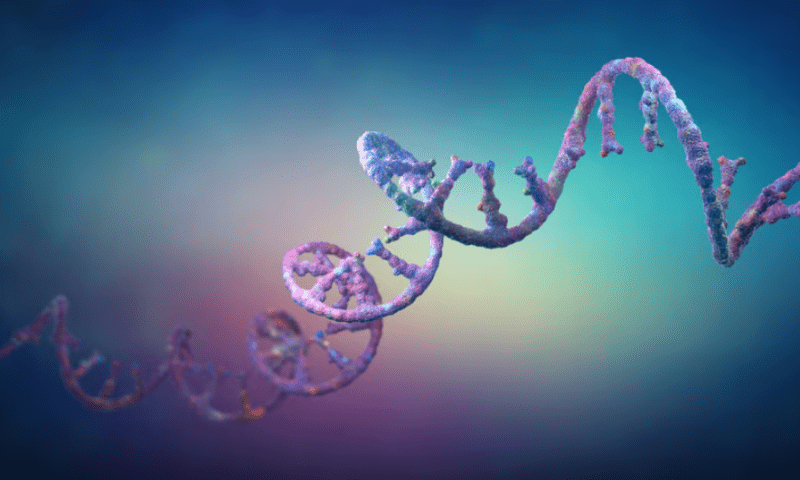Avidity Biosciences is not letting an FDA clinical hold get in the way of garnering fresh interest in its siRNA therapy, teasing new phase 1/2 data that it claims demonstrates the first successful targeted delivery of RNA into muscle.
The new details released Wednesday on the company’s lead myotonic dystrophy type 1 treatment, dubbed AOC 1001, both reinvigorated interest in the med’s potential while also reminding of its pitfalls. In its announcement, Avidity said it’s working to resolve the partial hold first placed in September “as swiftly as possible” and in a presentation to investors said that it’s working to conclude an investigation into a side effect. The company expects to share an update on the partial hold by the end of the first quarter of 2023.
Despite this issue, Avidity was keen to underscore AOC 1001’s potential if and when the FDA gives it the full go-ahead, calling the early data “unprecedented.” Touting safety data in 38 patients and biomarker data in 19, the company was bullish, highlighting the ability of its oligonucleotide-based platform to deliver RNA directly into the muscle.
“Utilizing our AOC platform technology, we have demonstrated for the first time ever the successful targeted delivery of siRNA to muscle in humans, a major breakthrough for the field of RNA therapeutics,” Chief Scientific Officer Art Levin, Ph.D., said in a Dec. 14 release.
Meaningful reductions in DMPK mRNA were seen in all patients treated with AOC 1001 with an average reduction of 45%, the company said. The patients in question received either a single 1 mg/kg dose or two 2 mg/kg doses, but the company did not separate out the DMPK reduction results between the two dosing groups. The company also didn’t provide data on the 4 mg/kg or 8 mg/kg dosing cohorts.
As for safety, the investor presentation showed that 50% of evaluable patients experienced an adverse event, including 77% of patients treated with the 4 mg/kg dose. A serious adverse event was also identified among the 2 mg dosing cohort, however, the company says that was related to opioid pain medication after elective surgery. A serious adverse event in the 4 mg dose group spurred the company’s clinical hold.
While Avidity moves to maintain relevance and optimism, the corporate ground is clearly shifting toward oligonucleotide-based therapies. On Tuesday, GSK penned a multi-billion dollar research and licensing pact with Wave Life Sciences, grabbing a hold of one top asset with the prospect of advancing eight other programs. Wave also has the option of advancing three of its own programs.
As for Avidity, the company still plans to produce top-line data from the MARINA trial next year while advancing its two other clinical-stage programs.

